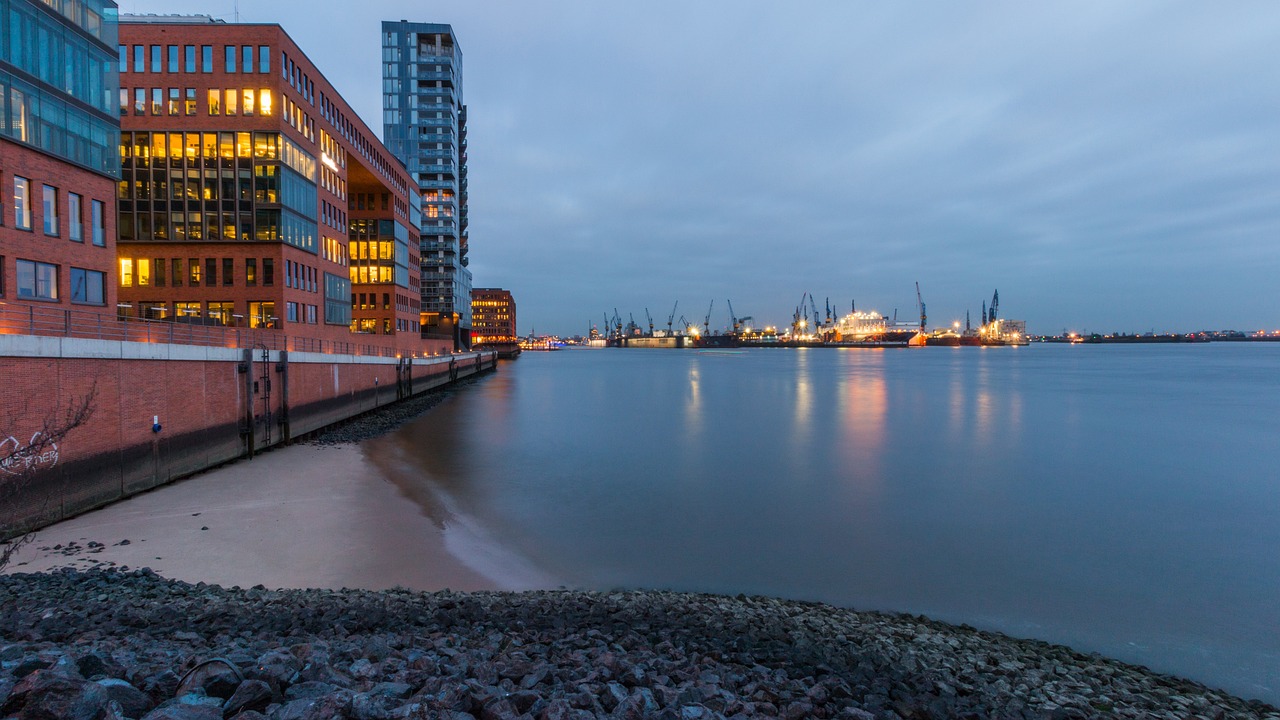In ongoing trade negotiations between Korea and the United States, the so-called “July Package” has placed Korea-U.S. cooperation in shipbuilding at the forefront. However, experts warn that Korea’s shipbuilders face significant hurdles before tangible collaboration can materialize.
During a Korea-U.S. 2+2 trade meeting held in Washington, D.C., on Thursday, Korea presented the United States with a commemorative coin engraved with a turtle ship and a liquefied natural gas (LNG) carrier. The gesture symbolized Korea’s commitment to assist in revitalizing the U.S. shipbuilding sector, one of Washington’s most urgent concerns, while also strengthening Korea’s position in ongoing tariff negotiations.
Yet industry voices in Korea remain cautious, noting that substantial challenges must be overcome before true cooperation can begin. Even if Korean companies proceed with projects at U.S. shipyards, the path forward is fraught with complications.
One major issue is the severe shortage of skilled shipbuilding workers in the United States. The Wall Street Journal, citing U.S. Bureau of Labor Statistics data last month, reported that the U.S. shipyard work force today is less than one-fifth the size it was during World War II.
The difficulties are evident at Philly Shipyard, which Hanwha Ocean acquired last year. As of late 2024, the yard had hired about 1,700 local workers, two-thirds of whom were unskilled or indirectly employed. Only around 70 skilled tradespeople were on staff. Hanwha Ocean currently has Korean experts on-site training the local work force of roughly 1,000.
Because of work force shortages and low productivity, shipbuilding speeds remain sluggish. Although Philly Shipyard has secured about three years’ worth of merchant vessel orders, the total amounts to fewer than 10 ships — averaging only one or two ships per year. By comparison, Hanwha Ocean’s operations in Korea build 30 to 40 merchant ships annually, excluding military vessels.
A weakened U.S. supply chain for ship components such as steel and engines presents another obstacle. A healthy shipbuilding ecosystem requires nearby suppliers, but the United States’ maritime industrial base has eroded across the board.
While more than 1 million workers were employed at U.S. shipyards during the war, the industry has not surpassed 200,000 workers since the 1980s. Moreover, the decline of naval architecture programs at U.S. universities has further diminished the influx of young talent.
HD Hyundai Heavy Industries signed a cooperation agreement with Huntington Ingalls Industries, the largest U.S. defense shipbuilder, on April 7 to improve production efficiency, and also entered into MOUs with major American defense equipment suppliers. However, these efforts are still in their infancy.
Given these difficulties, an alternative approach could involve constructing ships in Korea or partially assembling them before completing construction in the United States.
Current U.S. regulations, however, complicate this plan. Legislative proposals such as the “Ensuring Naval Readiness Act,” which would allow allied nations to build certain U.S. naval vessels, and the “Ships for America Act,” aimed at commercial shipbuilding, have been introduced in Congress but have yet to pass.
With Korean shipbuilders facing significant risks, the outcome of upcoming government-level negotiations will be crucial. Hopes were high earlier this year for securing contracts related to the maintenance, repair and overhaul (MRO) of U.S. Navy vessels, but no announcements have been made so far.
At the Korea-U.S. Industrial Cooperation Conference held on April 21, Kim Dae-young, a research fellow at the Korea Research Institute for National Strategy, said that multiple Korean shipbuilders pursuing MRO contracts could spark cutthroat competition and low-margin bidding wars. He emphasized the need for a unified consortium to secure U.S. Navy MRO deals.
Kim Ho-jung, managing director of Hanwha Ocean’s Special Ship Business Division, said that while Korean companies are currently allowed to handle only auxiliary ship MRO projects, government negotiations should aim to expand access to warship MRO contracts as well.
Source: Korea JoongAng Daily






